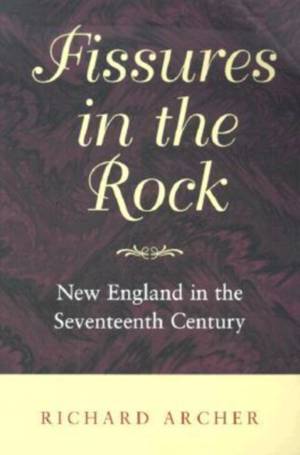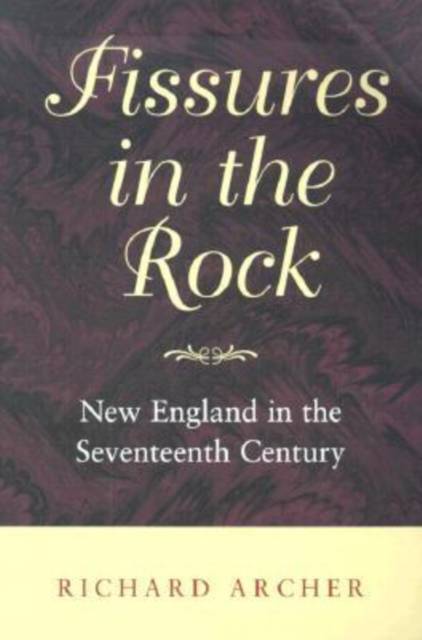
- Retrait gratuit dans votre magasin Club
- 7.000.000 titres dans notre catalogue
- Payer en toute sécurité
- Toujours un magasin près de chez vous
- Retrait gratuit dans votre magasin Club
- 7.000.0000 titres dans notre catalogue
- Payer en toute sécurité
- Toujours un magasin près de chez vous
27,95 €
+ 55 points
Description
The ambitious goal of this book is to provide a new portrait of the social life and social structure of 17th-century New England. The resulting synthesis dismantles conventional presentations of a homogenous, Puritan New England in favor of one emphasizing difference, divergence, and even conflict over values and behavior. Richard Archer investigates the political history of power, the intellectual history of religious beliefs, the social history of the family, the economic history of systems of exchange, ethnic history, and environmental history to display the many fissures that rent New England society from the very outset. While he stresses the complexity of New England beliefs, economics, family life, and town and political life, he also makes clear how the larger society -- far more complex and complicated than traditionally portrayed -- nevertheless coalesced as a functioning social order. Chapters on Indians, religion, social structure, family life, deviant behavior, the economy, and towns demonstrate that diversity and a common culture did in fact coexist.
Spécifications
Parties prenantes
- Auteur(s) :
- Editeur:
Contenu
- Nombre de pages :
- 242
- Langue:
- Anglais
- Collection :
Caractéristiques
- EAN:
- 9781584650850
- Date de parution :
- 01-04-01
- Format:
- Livre broché
- Format numérique:
- Trade paperback (VS)
- Dimensions :
- 152 mm x 228 mm
- Poids :
- 371 g

Les avis
Nous publions uniquement les avis qui respectent les conditions requises. Consultez nos conditions pour les avis.






